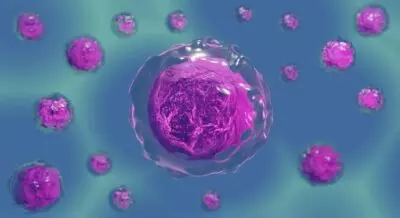
Study finds new drug combo against high-risk leukaemia
text_fieldsSydney: Acute lymphoblastic leukaemia(ALL) is the most common childhood cancer in the blood and bone marrow that affects white blood cells. Recently, a team of researchers has found what could prove to be a new and effective way to treat particularly this aggressive blood cancer in children.
Children who develop 'high risk' acute lymphoblastic leukaemia, subtypes are often resistant to standard treatments and many of these children die from their disease.
One common type of high-risk acute lymphoblastic leukaemia is 'Philadelphia chromosome-like ALL' (Ph-like ALL), named for its similarity to another type, Ph-positive ALL.
A study published in the journal Leukemia proved that the kinase inhibitor, ruxolitinib worked synergistically with several types of commonly used anticancer drugs, the most effective being glucocorticoids, topoisomerase I and II inhibitors, microtubule targeting agents and antimetabolites.
"We are very encouraged by our results, which suggest we could be on the way to developing a more effective way to treat this cancer in some children," said lead researcher Richard Lock, Professor, Head of the Blood Cancers Theme at Children's Cancer Institute.
Based on their in vitro findings, the researchers then carried out in vivo testing in living models of a disease known as 'patient-derived xenograft models' (PDXs) or 'avatars': mice specially bred to grow leukaemia cells taken from individual patients with CRLF2r Ph-like ALL.
The results showed that the addition of ruxolitinib to a common treatment regimen called VXL (consisting of vincristine, 2dexamethasone and L-asparaginase) enhanced treatment efficacy in two out of three avatars, achieving long-term suppression of leukaemia growth in one of these.
"The enhanced effect of treatment when ruxolitinib was added and the variety of drug classes found to synergize with ruxolitinib in our laboratory, suggest the promising potential for kinase inhibitors in the treatment of Ph-like ALL," said Lock.
(With IANS inputs)























